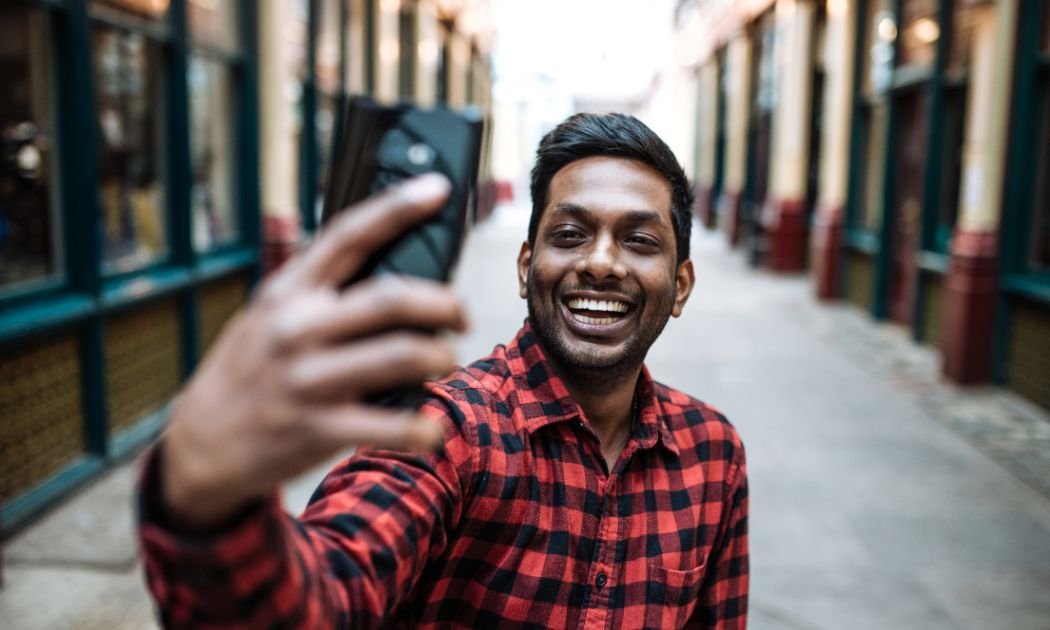
Is India’s $1 Billion Push for Influencers a Political Strategy?
The Indian government’s decision to allocate $1 billion (about 8,300 crore rupees) to promote the influencer economy may not reflect just economic aspirations, but also potential political calculations. Does this initiative purely aim to expand India's digital economy, or could it subtly serve to extend ideological influence in the rapidly evolving landscape of social media?
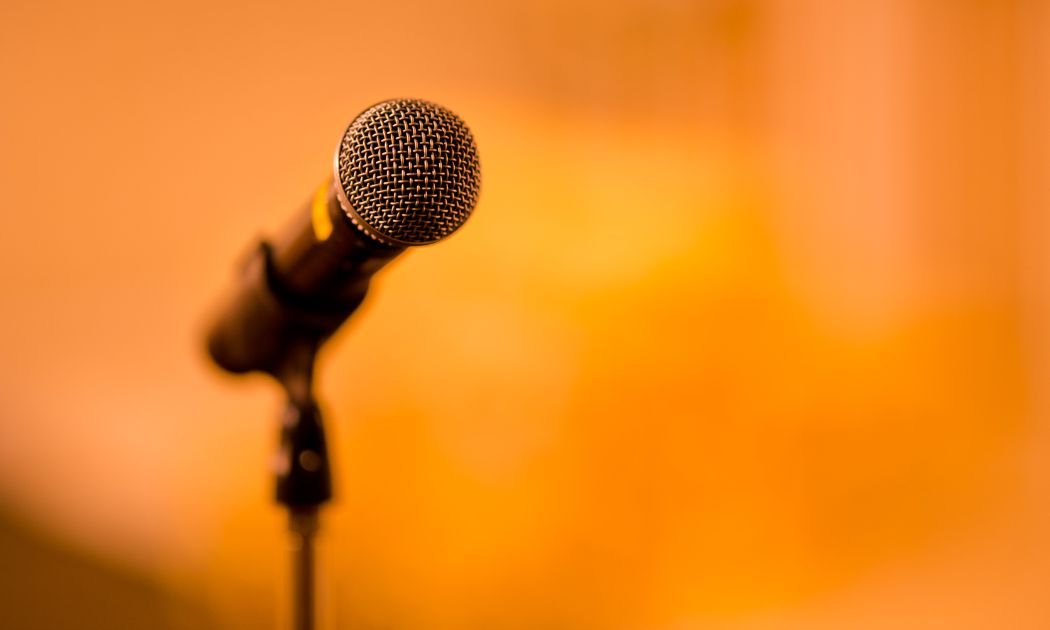
Telangana CM Threatens to ‘Strip and Parade’ Social Media Trollers
In an assembly speech, Telangana Chief Minister A. Revanth Reddy expressed his outrage over the use of abusive language directed at his family on social media, particularly against the women in his household. His anger is understandable, but not the threat he issued to "strip" and "parade" offenders on the streets, nor his proposal to amend laws governing media and social media use.

Judge Calls for Greater Representation for Women in Legal Profession
At a recent seminar, Supreme Court Justice B.V. Nagarathna drew attention to the lack of adequate representation of women in the legal profession, judiciary and political leadership roles in India. She also called for ensuring at least 30 percent reservation for women advocates in legal panels representing state and central governments, as well as in the panels advising public sector units.
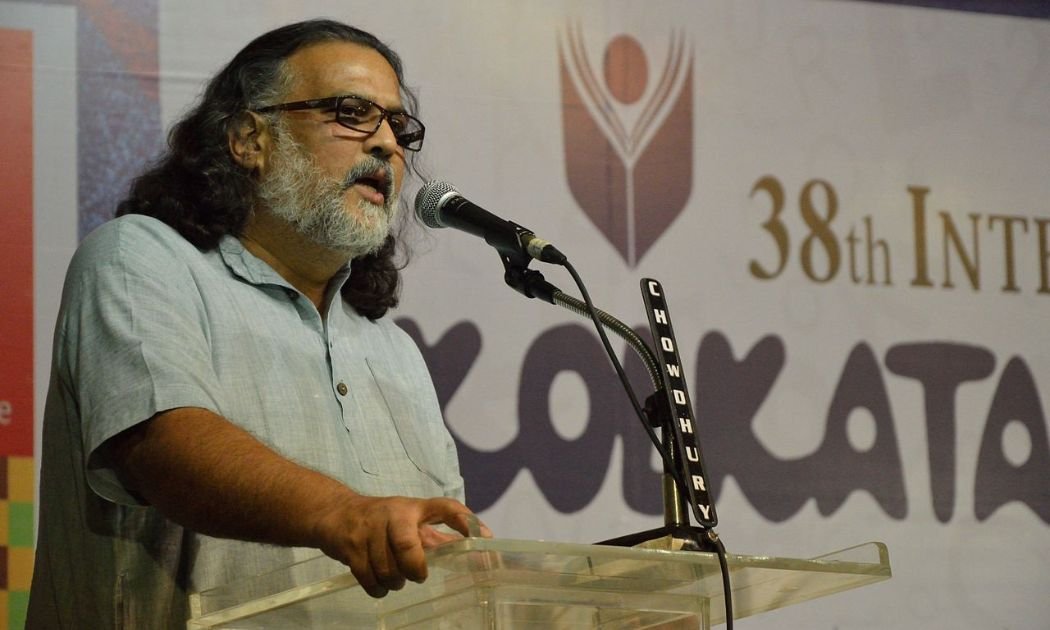
Tushar Gandhi Detained by RSS-BJP Activists; Protests Across Kerala
Tushar Gandhi, great-grandson of Mahatma Gandhi, was allegedly detained by Rashtriya Swayamsevak Sangh (RSS) and Bharatiya Janata Party (BJP) activists in Kerala following his critical remarks about the RSS.

Journalists’ Arrest in Telangana Raises Press Freedom Concerns
Two YouTube journalists in Hyderabad, Telangana—Revathi Pogadadanda and Tanvi Yadav—have been arrested for airing a video critical of Chief Minister A. Revanth Reddy of the Congress party. The video allegedly contained “derogatory” and “vulgar” content. However, arresting journalists for their work, even if it is considered offensive, doesn’t set a good precedent for democratic freedoms.
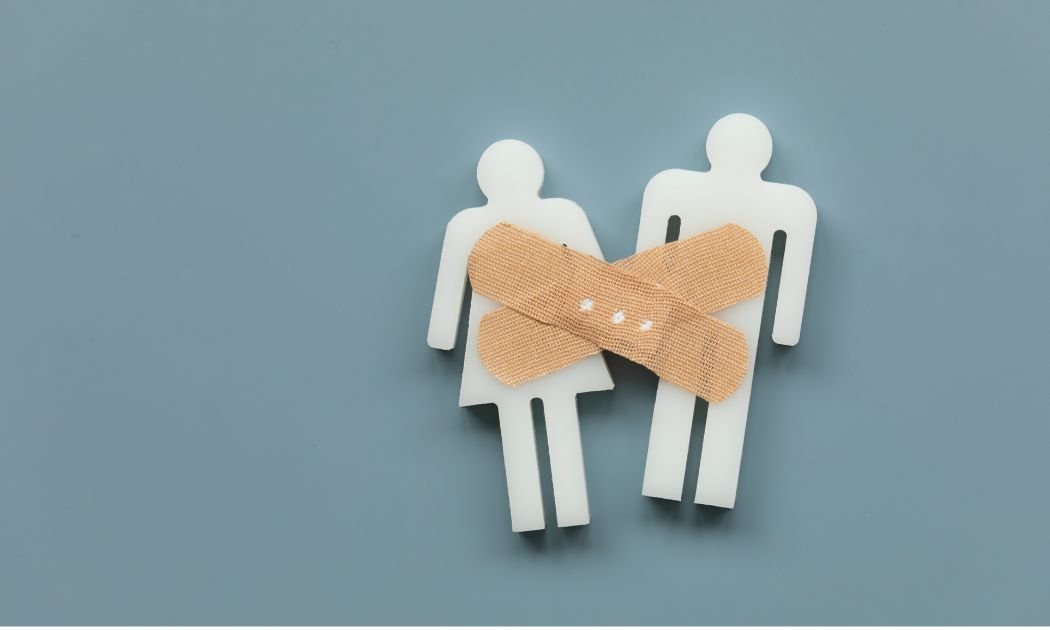
Kerala Church Endorses BJP Leader’s Unfounded ‘Love Jihad’ Claims
A Bharatiya Janata Party (BJP) leader in Kerala, P.C. George, who is facing charges of hate speech, made unsubstantiated claims at a public event that around 400 girls from the state’s Meenachil Taluk in Kottayam district were victims of the so-called “love jihad.” The Syro-Malabar Church chose to publicly endorse George’s narrative.
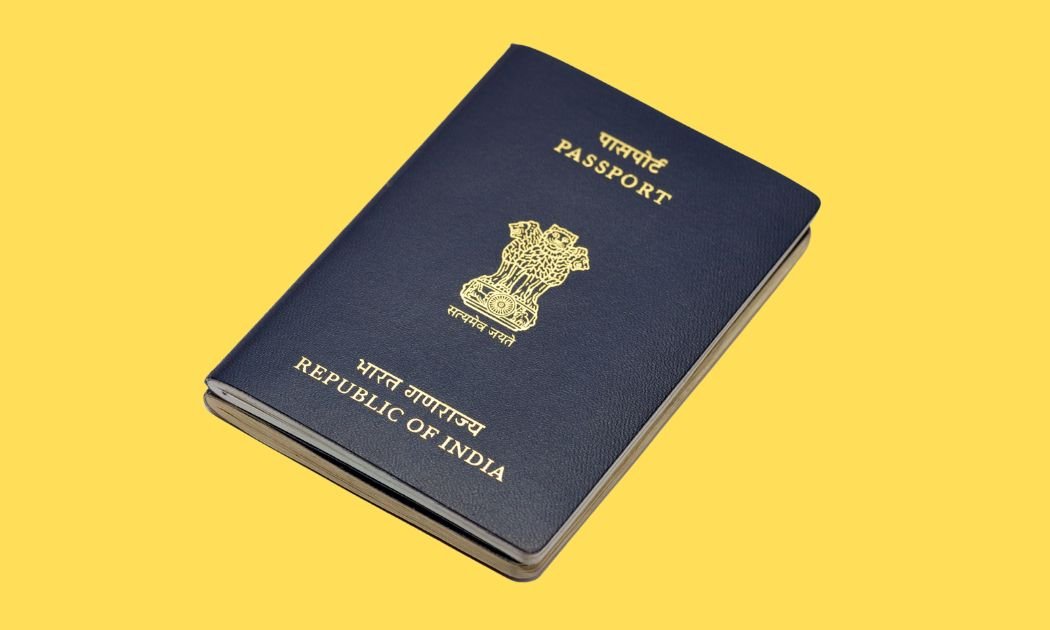
Immigration Bill 2025 Raises Concerns for Citizens and Foreign Journalists
The Immigration and Foreigners Bill, 2025, proposes a major overhaul of India’s immigration laws. While its stated intent is national security and efficient immigration control, several of its provisions have significant potential for misuse, particularly against citizens, creating an NRC-like situation, and foreign journalists and human rights researchers.
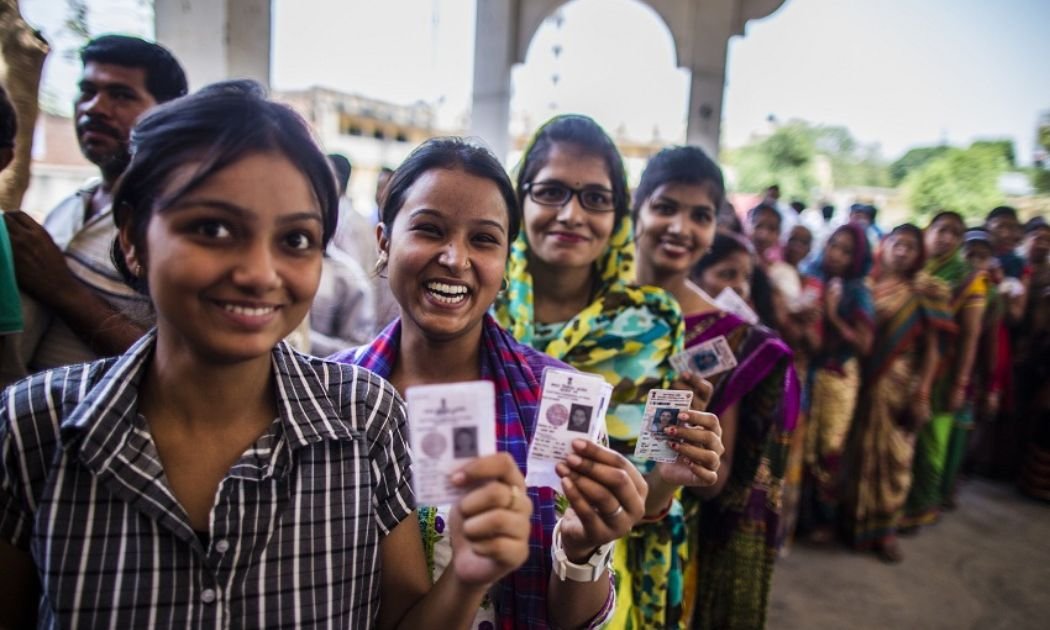
Why the Opposition is Raising Alarms Over Voters’ Lists
In Parliament, the opposition alleged serious discrepancies in voters’ lists and demanded an immediate discussion in both Houses. Reports of duplicate voter IDs and errors in the lists have raised concerns about the integrity of the electoral process, prompting calls for urgent action by the Election Commission of India.
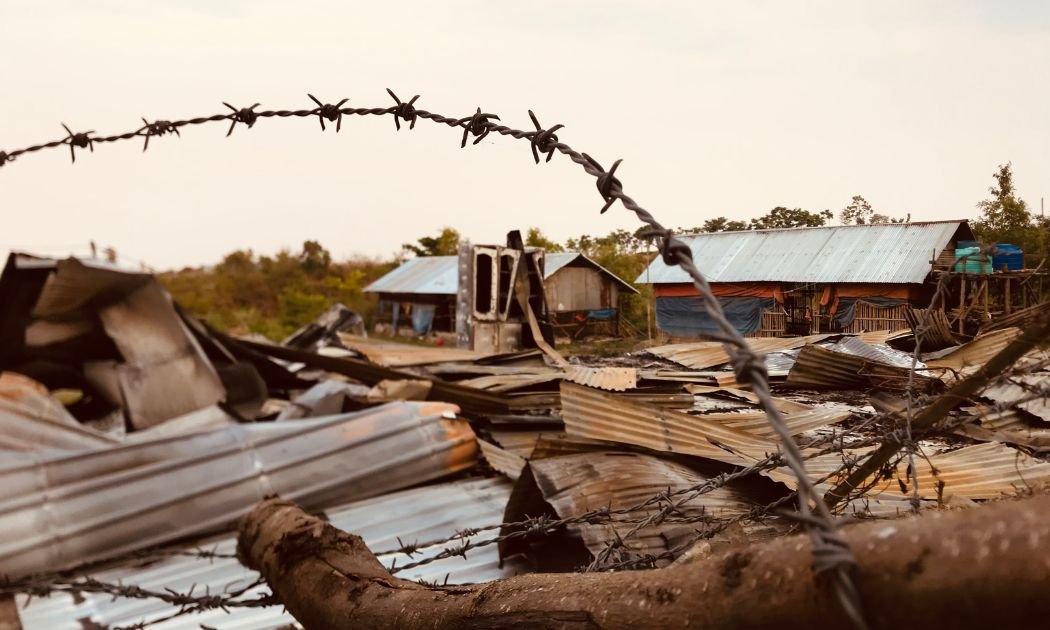
‘Peace’ Efforts in Manipur Result in Violence; 1 Dead, Dozens Injured
Efforts to restore “normalcy” in Manipur after nearly two years of violence, by enforcing free movement on highways, have triggered an indefinite shutdown in Kuki-Zo-dominated areas. The shutdown follows deadly clashes in Kangpokpi district between security forces and Kuki-Zo protesters, resulting in the death of 30-year-old Lalgouthang Singsit.
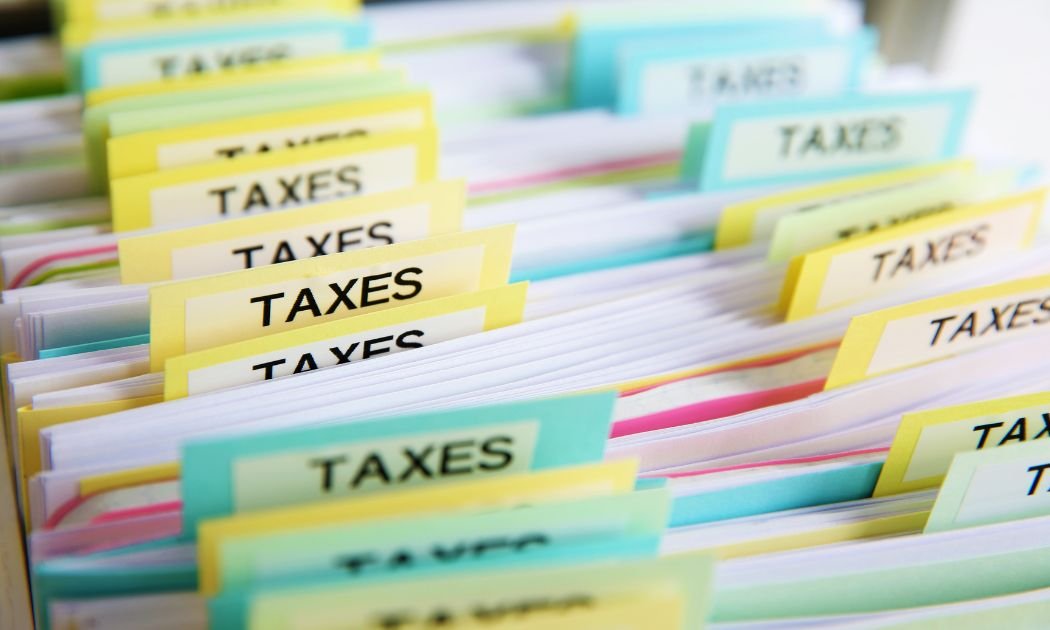
How Indirect Taxes Impact Economic Equity in India
India’s tax system has undergone significant changes over the decades, shifting from a complex and fragmented structure to a more streamlined approach. While direct taxes now contribute a greater share of government revenue, indirect taxes remain an essential part of India’s fiscal strategy. However, their regressive nature disproportionately affects lower-income households, raising concerns about economic equity.
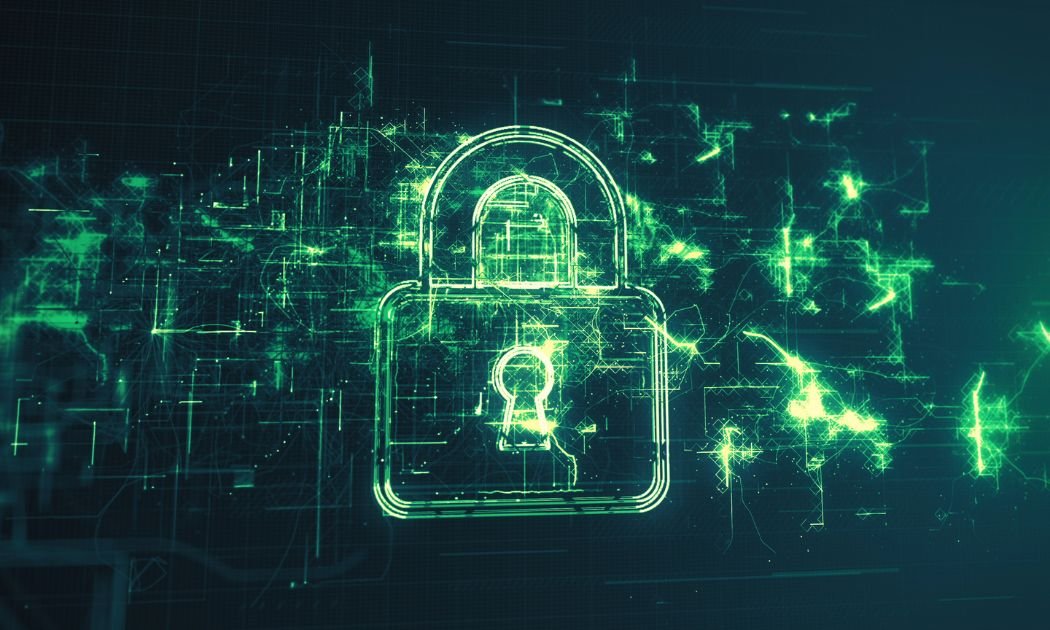
Tax Bill Allows Govt to Access Emails, Social Media, Bank Accounts
Starting April 1, 2026, the Income Tax Department will have the authority to access individuals’ digital spaces—including social media accounts, personal emails, bank accounts and online investment platforms—if they suspect tax evasion or possession of undisclosed assets.
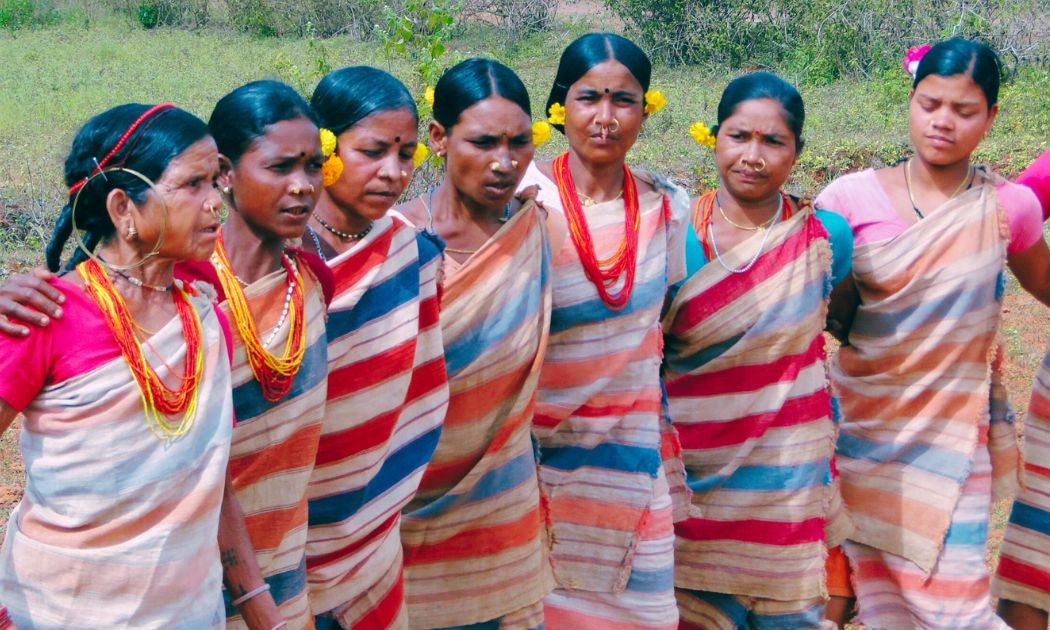
Tribals in India Still Struggle for Basic Healthcare
The health outcomes of India’s tribal populations lag behind the national average, according to an IndiaSpend analysis of government data. More tribal children die in early childhood, and many of those who survive suffer from malnutrition.

Court Tells Gujarat Police to Learn What Free Speech Is
The Supreme Court told the Gujarat Police to respect freedom of speech and expression, especially 75 years after the Constitution came into force. The police had registered a case against Congress MP Imran Pratapgarhi, accusing him of posting content that allegedly incited unrest. The Court made this remark while reserving its verdict on Pratapgarhi’s petition seeking to quash the case.
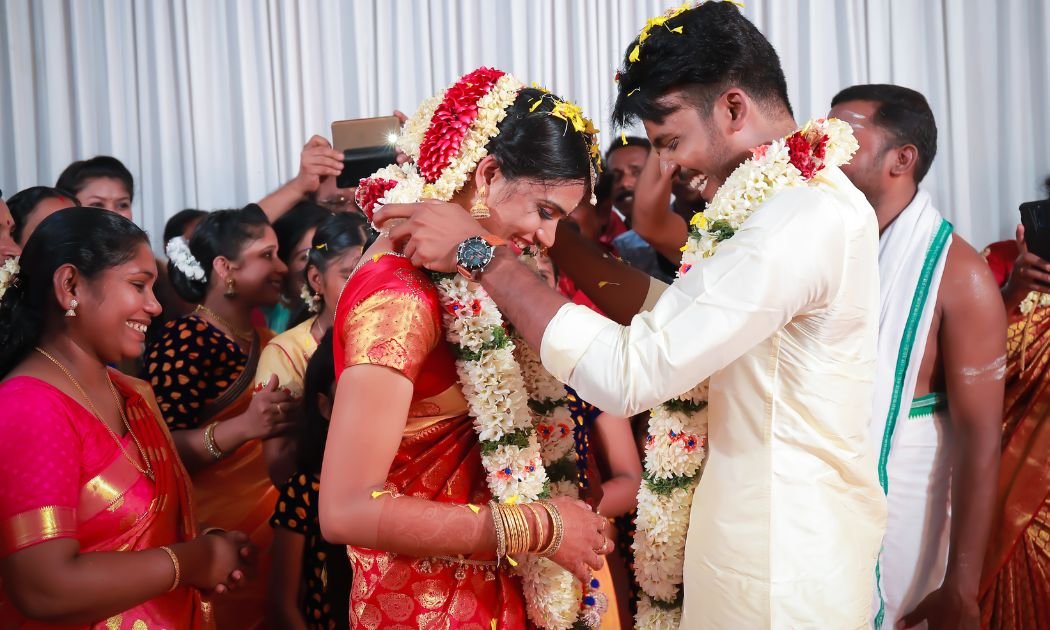
Tamil Nadu Chief Minister Urges Couples to Have Children Soon
Tamil Nadu Chief Minister M.K. Stalin has urged the people of the state to have children immediately after marriage, arguing that the state’s success in family planning has put it at a disadvantage in terms of political representation. The call comes amid concerns over the upcoming delimitation exercise, which will redraw parliamentary constituencies based on population.

Court Says Social Media Users Must Be Heard Before Blocking Posts
The Supreme Court has sought a response from the central government regarding a petition challenging the practice of taking down social media posts without prior notice or a fair hearing for the content creator. The petition, filed by the Software Freedom Law Centre (SFLC), argues that this practice violates principles of natural justice and the right to free speech under Article 19(1)(a) of the Constitution.
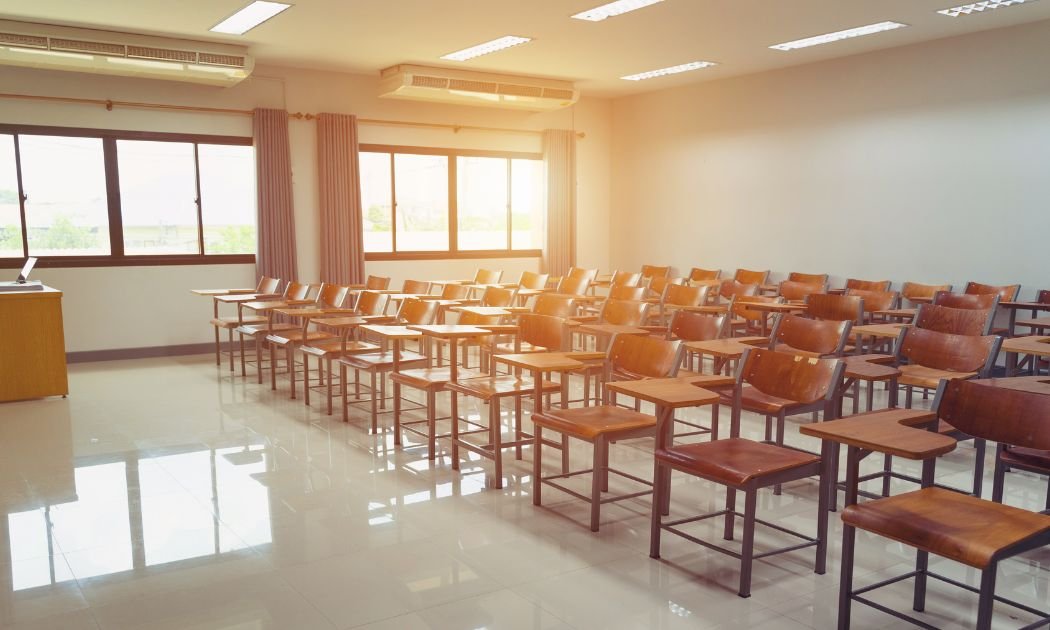
Two Key Issues with UGC’s Draft Rules on Caste Discrimination
The University Grants Commission’s (UGC) newly proposed regulations on caste discrimination in higher education have drawn criticism on two main fronts: first, for not providing clear, specific descriptions of discriminatory actions; and second, for introducing penalties for “false” claims.

What’s Behind the BJP’s Interest in Sufism?
The Bharatiya Janata Party (BJP) has recently intensified its outreach to Sufi Muslims, following engagements with the economically and socially marginalised Pasmanda Muslims. The effort seemingly aims to counter the influence of other Islamic sects and to solidify political support within some Muslim communities. But one might ask why it hasn’t embraced a very similar spiritual tradition known as Bhakti.

Punjab Chief Minister’s Plan to Eradicate Drugs in 3 Months
Punjab Chief Minister Bhagwant Mann has ordered a three-month deadline for law enforcement to eliminate drugs from the state. Given that Punjab has struggled with a deep-rooted drug problem for decades, the idea of “eradicating” it within such a short time is not only unrealistic but also risks leading to heavy-handed measures that could cause more harm than good.
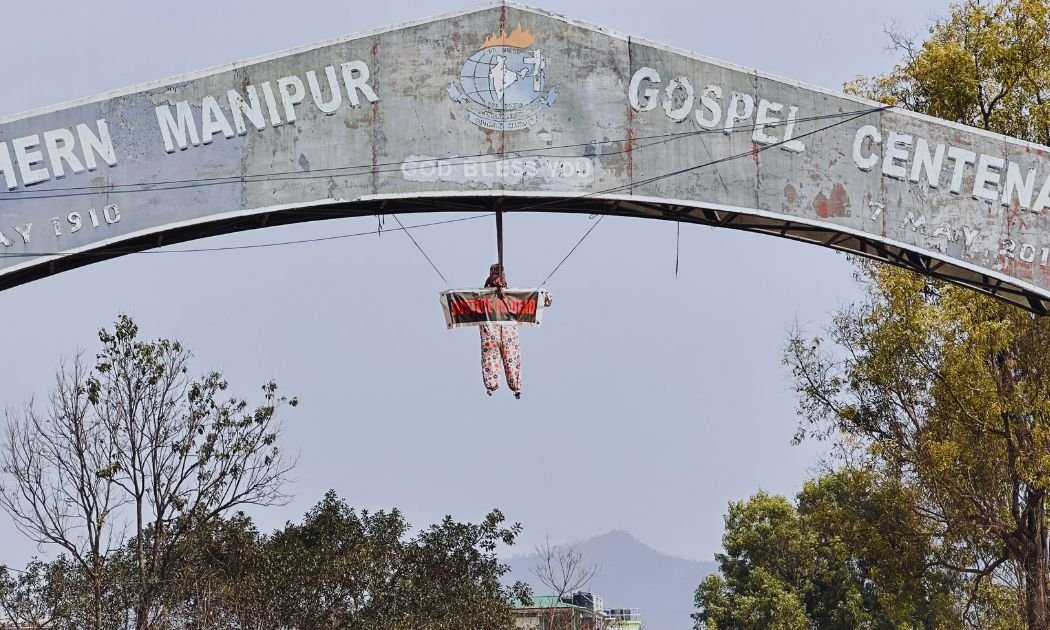
In Manipur, ‘Peace’ Must Not Be Sought at the Cost of Justice
Manipur’s Governor appears to be calling for peace without addressing justice, accountability or institutional reforms, despite the previous state government being accused of supporting one side and enabling the systemic targeting of one community. The Governor’s current stance suggests an expectation for the people of Manipur to simply “move on,” as if the past can be set aside without justice or accountability.
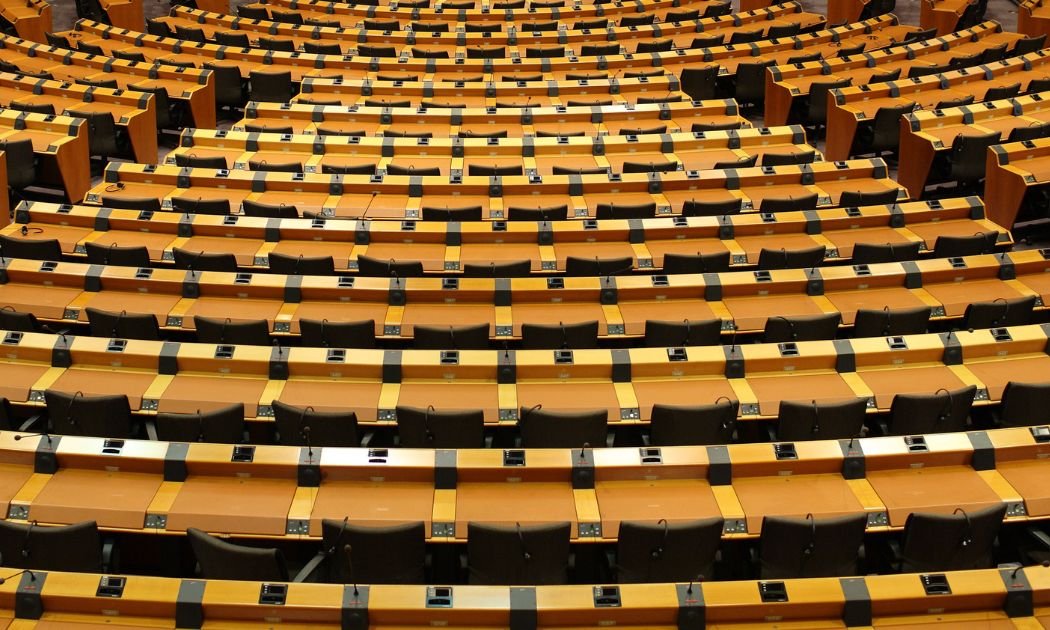
Supreme Court Allows Judicial Review of Legislative Punishments
The Supreme Court has ruled that laws and major decisions made by a legislature can be challenged and reviewed by the judiciary, explaining that judicial immunity applies only to how lawmakers conduct internal debates or voting procedures, even if there are claims of procedural mistakes.
